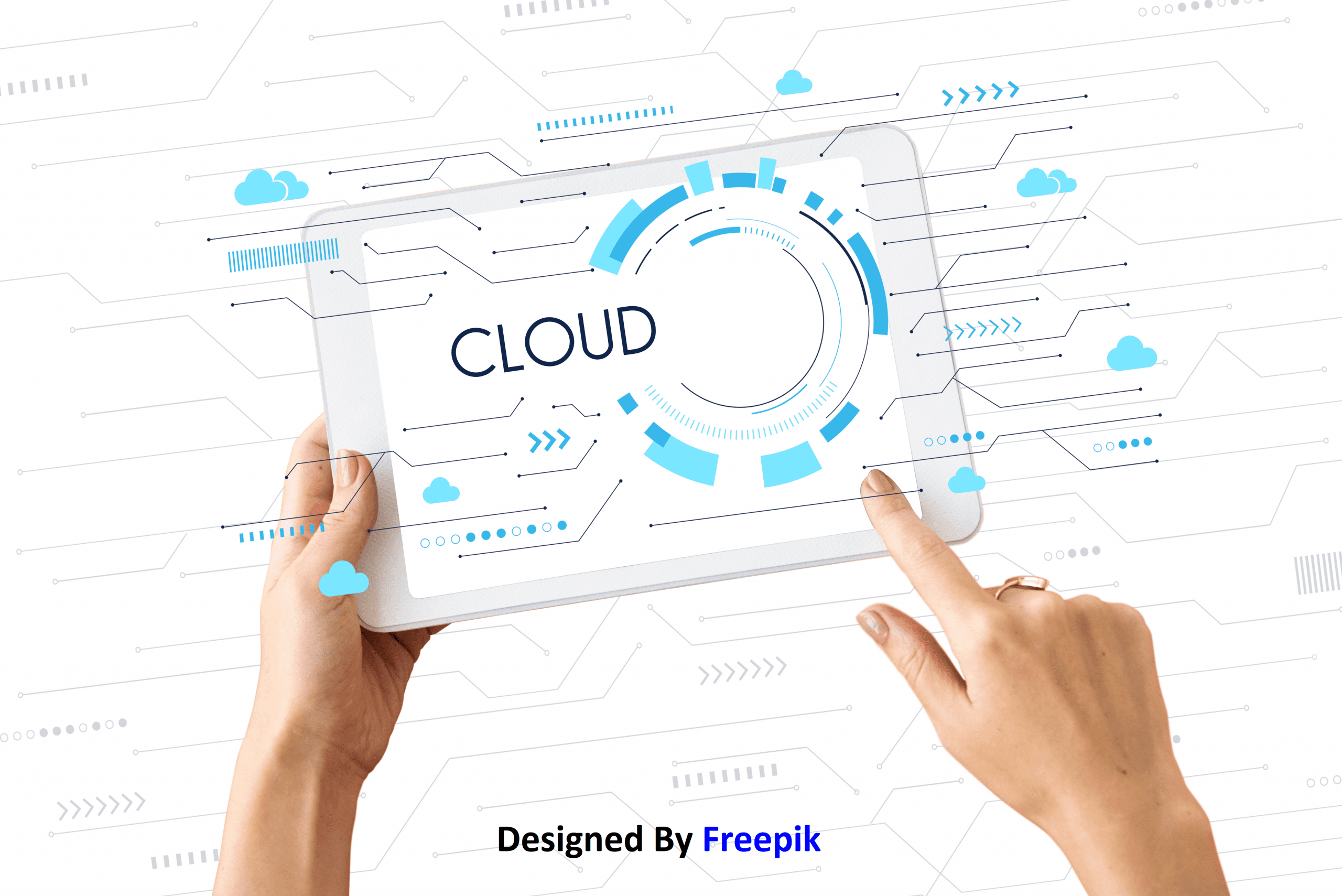Many businesses that peregrinate to the cloud to save money are now returning to on-premise servers. “We’ve crossed a line,” says Bryson Hill, Founder, and CEO of Daplie. “Cloud services are no longer a one-size-fits-all solution.” For many businesses, the cost has become prohibitively expensive. And, given the tight B2B margins in most industries, you must carefully consider all costs.”
Everything old has become new again.
Let us first dispel some common misconceptions about cloud data storage.
The debate over the merits of data in the cloud appears to stem from the perception that the concept is new and unproven, so people are unsure whether the benefits outweigh the risks.
The cloud was not new as early as the 1970s because many large companies could not afford their mainframe computers. Instead, businesses would “dial in” to remote computers managed by time-sharing services in what was then known as “time-sharing.” Users of such services would send their data and analyze it on managed computers. Does this sound familiar?
Furthermore, because many companies were using a shared environment, users could easily access data of common interest. The time-sharing service would keep demographic and econometric data databases, which users could use in their analyses.
Reasons for leaving the cloud
An undercurrent among more giant corporations is making them reconsider their cloud services. The most common is bill shock. The temptation to build their internal cloud is growing as the cost of storage and servers falls. Other issues raised by businesses include latency issues, project failures, and a lack of functionality in cloud services. The departure is intensifying. While most cloud defectors are giant corporations, small businesses look to large corporations for philosophical guidance. Companies are constructing their clouds with all of the hassles associated with the cloud, not to mention security concerns. However, it comes at a cost that cannot measure solely in terms of hardware.
Data Monetization: Cloud Data Sharing
The fact that the cloud is neutral ground is one of the least discussed aspects of cloud computing. People can access and use data stored in the cloud via the Internet. While this idea is not new, today’s technology provides unprecedented data collaboration and monetization opportunities. There is no reason a business partner cannot have access to information, albeit limited and controlled access, the inverse of the security issue. In non-cloud environments, data sharing is significantly more difficult.
Data monetization is a critical business benefit of data sharing, which is especially appealing for any business with high-volume customer data, such as retail or telecom.
Advantages of the Cloud
At the starting point of this article, it was advanced that the main benefit of the cloud can also be seen as a primary concern in using it because someone else is doing the work for you.
You can use the cloud to access expertise that your organization may not have. Working with a cloud provider has cost and operational advantages over doing it yourself. The typical acquisition and purchase order process takes time, making it difficult for a company to obtain computer systems when needed. It is frequently more accessible for the cloud provider to acquire new hardware than for your company to purchase what you require.
Is it better to cloud or not to cloud? You have a choice. Ultimately, companies should not make decisions based on organizational comfort; what is most valid from an operational standpoint will create the most significant business benefit. And make sure to ask the appropriate questions.
Resource:
https://www.wired.com/insights/2013/05/to-cloud-or-not-to-cloud-where-does-your-data-warehouse-belong/
https://www.forbes.com/sites/larrymyler/2018/01/11/to-cloud-or-not-to-cloud/?sh=408ac46a627c
https://www.redhat.com/en/topics/cloud-computing/public-cloud-vs-private-cloud-and-hybrid-cloud
Disclaimer:
Wherever any material is quoted as sourced from the published text with publishing rights vested in an individual, it is stated that it is a pure quotation and has no intention to claim it as our own.
Image Source: www.freepik.com





